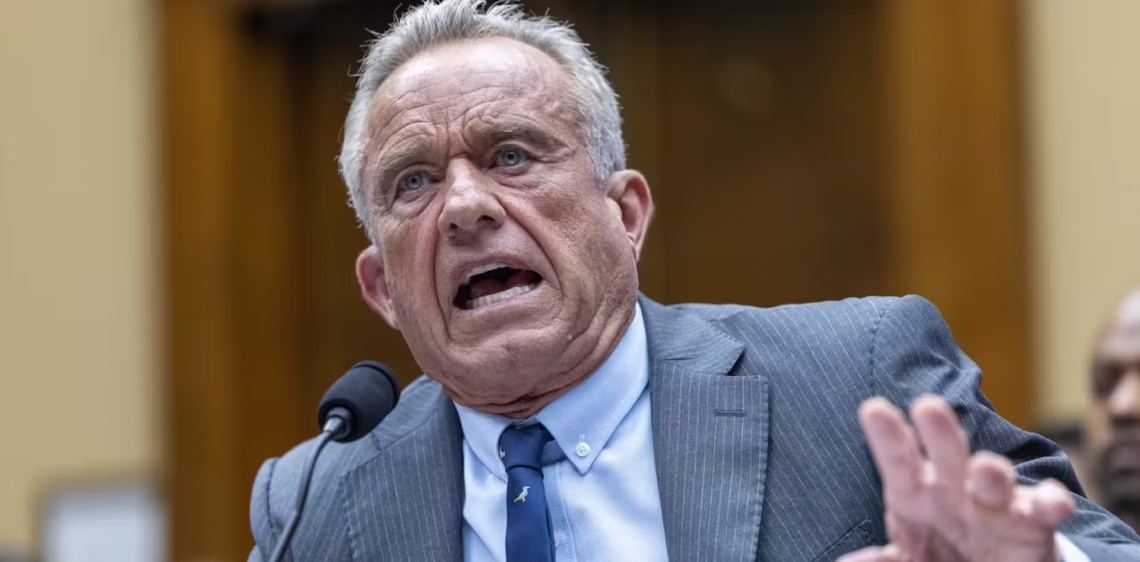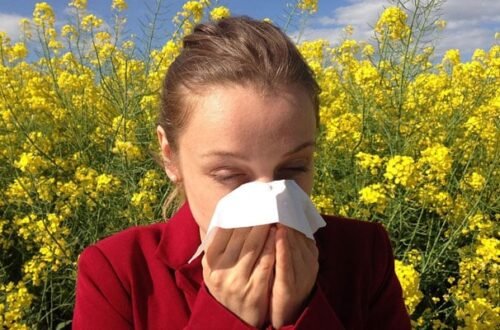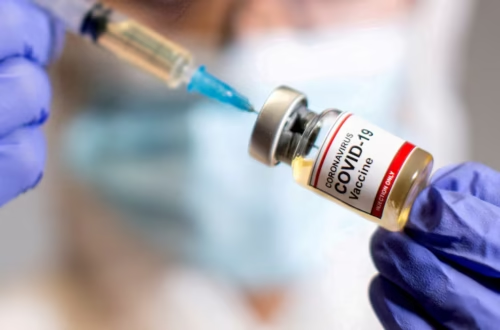Introduction to the Task Force Revival
On August 14, 2025, the U.S. Department of Health and Human Services (HHS), under Secretary Robert F. Kennedy Jr., announced the reinstatement of the Task Force on Safer Childhood Vaccines, a federal panel dormant since 1998. This move has sparked intense debate, blending hope for rigorous vaccine safety oversight with concerns about undermining public trust in immunization programs. As a parent navigating the complex world of childhood vaccinations, I’ve often wondered about the balance between safety and efficacy—questions this task force aims to address. Let’s explore what this revival means, its history, and the broader implications for families, policymakers, and public health.
The History of the Task Force
Origins in the 1986 National Childhood Vaccine Injury Act
The Task Force on Safer Childhood Vaccines was established under the National Childhood Vaccine Injury Act of 1986, a landmark law designed to improve vaccine safety, quality, and oversight while addressing vaccine injury compensation. Congress mandated the task force to make recommendations on vaccine development and monitoring, but it issued its final report in 1998 and was subsequently disbanded. Its revival after 27 years signals a renewed focus on scrutinizing childhood vaccines, driven by both legal obligations and public pressure.
Why Was It Disbanded?
The original task force ceased operations after fulfilling its initial mandate, with its last report submitted to Congress in 1998. Some argue it was disbanded due to bureaucratic inertia, while others suggest the government prioritized vaccine promotion over safety concerns. As someone who’s followed vaccine debates, I recall the 1990s as a time when public trust in vaccines was high, possibly reducing the perceived need for such a panel. Its absence, however, fueled skepticism among critics like Kennedy, who long argued it neglected ongoing safety oversight.
RFK Jr.’s Role and the Push for Revival
Who Is Robert F. Kennedy Jr.?
Robert F. Kennedy Jr., a prominent environmental lawyer and founder of the anti-vaccine advocacy group Children’s Health Defense, has been a vocal critic of vaccine safety protocols for decades. Appointed HHS Secretary, Kennedy now wields significant influence over federal health policy. His personal journey—marked by skepticism about vaccine safety, rooted in concerns about mercury-based preservatives like thimerosal—has shaped his push to reinstate the task force. While his critics call him an anti-vaccine activist, supporters view him as a champion for transparency.
The Lawsuit That Sparked Action
In May 2025, Children’s Health Defense, the organization Kennedy founded, funded a lawsuit against him as HHS Secretary, alleging he failed to reinstate the legally mandated task force. Filed by attorney Ray Flores, the suit was seen by some as performative, given Kennedy’s long-standing advocacy for the panel’s revival. The announcement came just a day before Kennedy’s legal response was due, suggesting external pressure accelerated the decision. This move highlights the complex interplay between advocacy and policy.
What Does the Task Force Aim to Achieve?
Objectives of the Revived Task Force
The reinstated task force, chaired by National Institutes of Health (NIH) Director Jay Bhattacharya, aims to enhance the safety, quality, and oversight of childhood vaccines. Its goals include developing vaccines with fewer and less severe adverse reactions, improving production and distribution processes, and strengthening adverse reaction reporting systems. As a parent, I find the focus on reducing side effects reassuring, but the challenge lies in balancing innovation with public confidence.
Leadership and Composition
The task force includes senior leaders from the NIH, Centers for Disease Control and Prevention (CDC), and Food and Drug Administration (FDA), with Bhattacharya at the helm. Additional members, including CDC Director Susan Monarez and FDA Commissioner Marty Makary, will be announced later. This high-level representation signals a serious commitment, but critics worry the panel’s composition may lean toward Kennedy’s vaccine-skeptical allies, potentially skewing its findings.
The Controversy Surrounding the Revival
Public Health Experts’ Concerns
Vaccine experts like Dr. Paul Offit, a member of the FDA’s vaccine advisory committee, have expressed skepticism, arguing that Kennedy’s anti-vaccine stance could bias the task force’s work. Offit told CNN that pediatric vaccines are already rigorously studied, and the panel risks reinforcing unfounded fears. As someone who’s vaccinated their kids, I understand the worry: could this task force amplify vaccine hesitancy, already a growing issue?
Supporters’ Perspective
On the other hand, advocates like those from Children’s Health Defense see the revival as a victory for transparency. Posts on X from groups like @MAHA_Action celebrate the task force as a step toward addressing long-ignored safety concerns, such as the cumulative effects of the childhood vaccine schedule. For families questioning the system, this move feels like a rare acknowledgment of their doubts, even if it stirs controversy.
Key Issues the Task Force Will Tackle
Vaccine Safety and Adverse Reactions
The task force is tasked with recommending vaccines that cause fewer and less severe side effects. Current data from the CDC shows that serious adverse reactions to childhood vaccines are rare, with anaphylaxis occurring in roughly 1-2 per million doses. However, public perception of risk often outweighs statistical reality, and the task force must navigate this gap. My own experience researching vaccine side effects left me reassured by the data but empathetic to parents’ fears.
Improving Reporting Systems
The Vaccine Adverse Event Reporting System (VAERS) captures adverse reactions, but critics, including Kennedy, claim it underreports issues, estimating it detects less than 1% of cases. The task force aims to enhance reporting mechanisms, potentially improving data accuracy. This could build trust but risks amplifying rare events out of context, a concern I’ve seen play out in heated online debates.
Revisiting the Childhood Vaccine Schedule
The task force may influence the childhood immunization schedule, which recommends vaccines like MMR and DTaP at specific ages. Kennedy’s earlier actions, like replacing CDC vaccine advisors with skeptics, suggest a push to reevaluate this schedule. For parents like me, this raises questions: could changes make vaccines safer, or might they disrupt decades of proven protection?
Comparing the Task Force’s Goals with Current Vaccine Oversight
| Aspect | Task Force Goals | Current Oversight (FDA/CDC) |
|---|---|---|
| Focus | Fewer adverse reactions, improved reporting | Safety, efficacy, and monitoring |
| Leadership | NIH-led, includes CDC/FDA | FDA and CDC primarily |
| Reporting | Enhanced adverse reaction systems | VAERS and other surveillance |
| Outcome | Recommendations to Congress every 2 years | Ongoing updates to schedules |
The task force’s focus on reducing adverse reactions aligns with existing oversight but introduces a new layer of scrutiny. While the FDA and CDC already monitor vaccines rigorously, the task force’s congressional reports could drive policy changes, for better or worse.
Pros and Cons of the Task Force Revival
Pros
- Increased Transparency: Regular reports to Congress could make vaccine safety data more accessible.
- Focus on Safety: Prioritizing fewer side effects may lead to safer vaccines.
- Public Trust: Addressing concerns could reassure vaccine-hesitant parents.
Cons
- Risk of Misinformation: Emphasis on adverse reactions might fuel vaccine hesitancy.
- Potential Bias: Kennedy’s influence raises concerns about the panel’s objectivity.
- Resource Allocation: Diverting funds to the task force could strain other public health initiatives.
People Also Ask (PAA)
What is the Task Force on Safer Childhood Vaccines?
The Task Force on Safer Childhood Vaccines is a federal panel, reinstated in August 2025, tasked with improving the safety, quality, and oversight of vaccines for children. Originally created in 1986, it was disbanded in 1998 but revived under HHS Secretary Robert F. Kennedy Jr. to address vaccine safety concerns.
Why was the task force revived?
The revival was spurred by a lawsuit from Children’s Health Defense, alleging Kennedy failed to meet a legal mandate to maintain the task force. Announced on August 14, 2025, the move responds to pressure from vaccine safety advocates and aims to enhance oversight.
Who leads the task force?
The task force is chaired by NIH Director Jay Bhattacharya, with senior leaders from the CDC and FDA, including Susan Monarez and Marty Makary. Additional members will be announced, ensuring broad federal representation.
How will the task force impact vaccine schedules?
The task force may recommend changes to the childhood vaccine schedule, potentially reducing doses or altering timing, though specifics remain unclear. Critics fear this could disrupt established immunization programs, while supporters hope for safer protocols.
The Broader Implications for Public Health
Balancing Safety and Confidence
The task force’s work could either bolster public trust or deepen skepticism, depending on its findings and messaging. As a parent, I’ve seen how quickly vaccine debates escalate online, with misinformation spreading faster than facts. The task force must communicate clearly to avoid fueling fear, a challenge given Kennedy’s polarizing reputation.
Potential Policy Shifts
The task force’s biennial reports to Congress could lead to legislative changes, such as revising the Vaccine Injury Compensation Program or altering vaccine recommendations. Kennedy’s earlier moves, like cutting mRNA vaccine funding, suggest a broader agenda to reshape immunization policy, which could have lasting impacts.
Global Context
Globally, vaccine hesitancy is a growing concern, with the World Health Organization noting a rise in measles cases due to declining vaccination rates. The task force’s actions could influence international perceptions, either reinforcing rigorous safety standards or amplifying doubts about vaccine programs.
Tools and Resources for Staying Informed
Best Tools for Vaccine Safety Research
- CDC Vaccine Information: The CDC’s website offers detailed data on vaccine safety and schedules (cdc.gov/vaccines).
- VAERS Portal: Access raw data on adverse vaccine events at vaers.hhs.gov.
- WHO Vaccine Safety Net: Global insights into vaccine safety monitoring (who.int).
Where to Get Reliable Updates
- HHS Press Room: Follow official announcements at hhs.gov for task force updates.
- NIH News: Check nih.gov for research led by Jay Bhattacharya.
- Reputable News Outlets: Sources like Axios and Reuters provide balanced coverage.
FAQ Section
Is the task force anti-vaccine?
No, the task force aims to improve vaccine safety, not oppose vaccination. However, critics worry its leadership and focus could amplify anti-vaccine sentiments.
How soon will the task force report findings?
The task force will submit its first report to Congress within two years, by August 2027, with updates every two years thereafter.
Can the task force change vaccine mandates?
While the task force can recommend changes to vaccine schedules, actual mandate changes would require legislative or regulatory action beyond its scope.
Why is RFK Jr. controversial in this role?
Kennedy’s history of questioning vaccine safety, including debunked claims about autism, makes him a polarizing figure. Critics fear bias, while supporters value his scrutiny.
How can parents stay informed about vaccine safety?
Parents can follow updates from the CDC, NIH, and HHS, and consult pediatricians for personalized advice. Trusted news sources also provide balanced insights.
Conclusion: A Path Forward or a Step Back?
The revival of the Task Force on Safer Childhood Vaccines is a pivotal moment in public health, promising enhanced scrutiny but risking increased skepticism. As a parent, I want vaccines that are both safe and effective, and I hope the task force delivers on its promise of “rigorous science” without undermining decades of progress. For now, families, policymakers, and health experts must watch closely, balancing hope for innovation with the need to protect public trust. Stay informed, ask questions, and let’s navigate this complex issue together.
Type / to choose a bl





